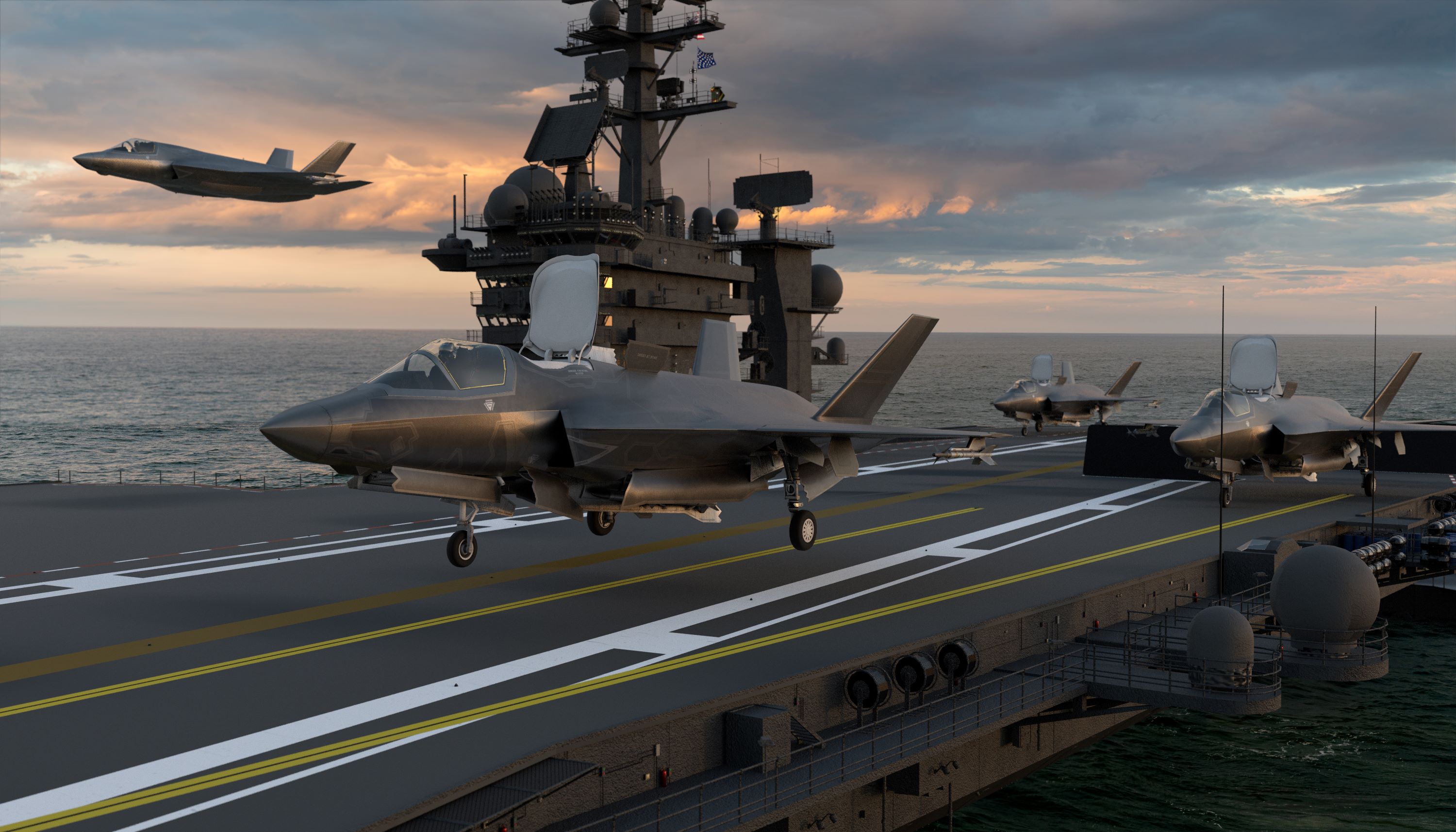
The UK and US have carried out a series of military strikes against Houthi rebel targets in Yemen, saying this was carried out to protect commercial shipping and stabilise the global supply chain.
Last night (11 January), US president Joe Biden and UK prime minister Rishi Sunak authorised the strikes, with Sunak saying they were “necessary and proportionate”.
“In response to continued illegal, dangerous and destabilising Houthi attacks against vessels, including commercial shipping, transiting the Red Sea, the armed forces of the US and UK, with support from the Netherlands, Canada, Bahrain and Australia, conducted joint strikes in accordance with the inherent right of individual and collective self-defence, consistent with the UN Charter, against a number of targets in Houthi-controlled areas of Yemen,” said a joint statement released by 10 nations, including the UK, US and New Zealand.
Strikes
The strikes hit over 60 targets at 16 locations controlled by the Houthi rebels, said lieutenant general Alex Grynkewich of the US central airforce, in a statement.
These targets included command and control nodes, munitions depots, launching systems, production facilities and air defence radar systems.
Earlier in the day, Sunak called a full cabinet meeting over the strikes, also notifying Labour leader Keir Starmer and House of Commons speaker Lindsay Hoyle of the government’s intentions. Starmer said he supported the efforts.
Marco Forgione, director general of the Institute of Export & International Trade (IOE&IT) said:
“The decision to launch air strikes tells us just how serious the economic impact of shipping disruption in the Red Sea is and could potentially become if not addressed.
“These rebel attacks amount to a weaponisation of global supply chains.”
Response
Russia and Iran both condemned the attacks, while Saudia Arabia said it was monitoring events and called for “restraint.”
James Heappey, UK armed forces minister, told BBC Breakfast that the strikes were “successful” and that there were no immediate plans for more attacks on Houthi targets in Yemen, adding that “nobody should see this as part of anything bigger”.
The Houthi rebel group reportedly remain defiant after the strikes, promising to continue their attacks against shipping through the Red Sea.
“It depends what targets are chosen, but the Houthis have said they are not backing down, so there is the risk of sleepwalking into a protracted conflict,” Dr Sidharth Kausha, a research fellow in Sea Power at the Royal United Services Institute (RUSI) thinktank told the Guardian.
In commentary released before the strikes, RUSI warned that “it may prove difficult for the West to effectively degrade Houthi capabilities”, adding that the rebel group were “determined” and had plenty of combat experience.
Manufacturing disruption
Forgione noted that the manufacturing industry was particularly at risk, due its reliance on different components, commodities and ingredients travelling through the Suez Canal.
Today (12 January), Tesla told Reuters it would pause most car production at its factory near Berlin from 29 January to 11 February, citing the crisis in the Red Sea.
Forgione warned:
“If [components] are being delayed then this will feed through into the ability of manufacturers to maintain the production of goods.”
“We can expect more warnings like this one from Tesla if things don’t change.”
Swedish furniture giant Ikea and Chinese automaker Geely issued similar warnings earlier in the crisis.



